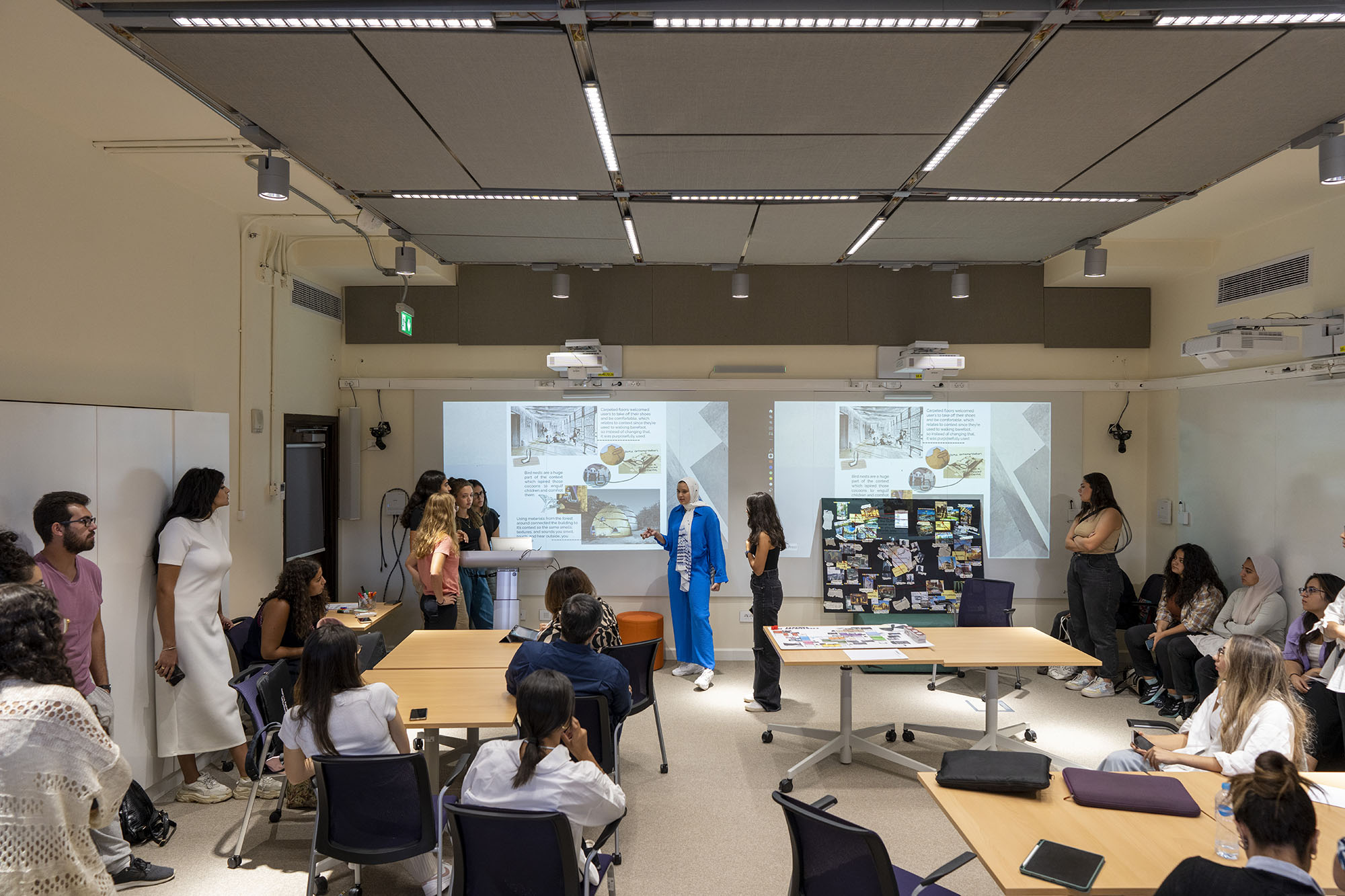Environmental Systems Design - MEng
Program Overview
The Master of Engineering Degree in Environmental Systems Design prepares students for higher-level professional practice in local and international markets, whether in private consulting practice, industry, or government and regulatory activities.

Program Objectives
The objectives of the Master of Engineering Degree in Environmental Systems Design are to provide the graduates of the program with:
Extensive knowledge in fundamental environmental engineering science, the interactions of pollutants in water, air, and subsurface environments, and the design of treatment/pollutant remediation systems
In-depth knowledge in an area of student interest deriving from one of the areas of environmental engineering noted above, including applications in environmental hydraulics, solid and hazardous waste engineering, and management of environmental control systems
Awareness of the local and global context in which environmental engineering is practiced, including economic and business practices, societal needs, and considerations of public health, safety, culture and ethics
An ability to solve unstructured engineering problems of social significance, think critically, and function well in a team
A high and ethical standard of written and oral communication on technical matters
Degrees and Admission Requirements
Students wishing to pursue a Master of Engineering Degree in Environmental Systems Design should meet the minimum academic and admission requirements set by AUC.
Learning Outcomes
- Apply advanced mathematics, numerical models, engineering, and scientific analyses to identify, formulate, and analyze complex and contemporary environmental engineering problems related to water, air, soil, and the built environment.
- Acquire the required knowledge in the field of environmental engineering (Water Pollution and Treatment systems, Air pollution control systems, Waste management systems, … etc.) to provide alternative solutions for environmental engineering problems and apply critical thinking while comparing the validity, pros, and cons of each.
- Apply engineering design to produce solutions that meet specified needs with consideration of societal, environmental, and economical needs.
- Ability to effectively communicate with a range of audiences, present, report, and defend findings related to professional work.
- Implement the code of ethics within the courses.
- Enhance practical experience through exposure to applied projects and more courses in environmental engineering and related fields.

Discover More In Academics
Learn about related programs, important research, faculty, accreditation and more.